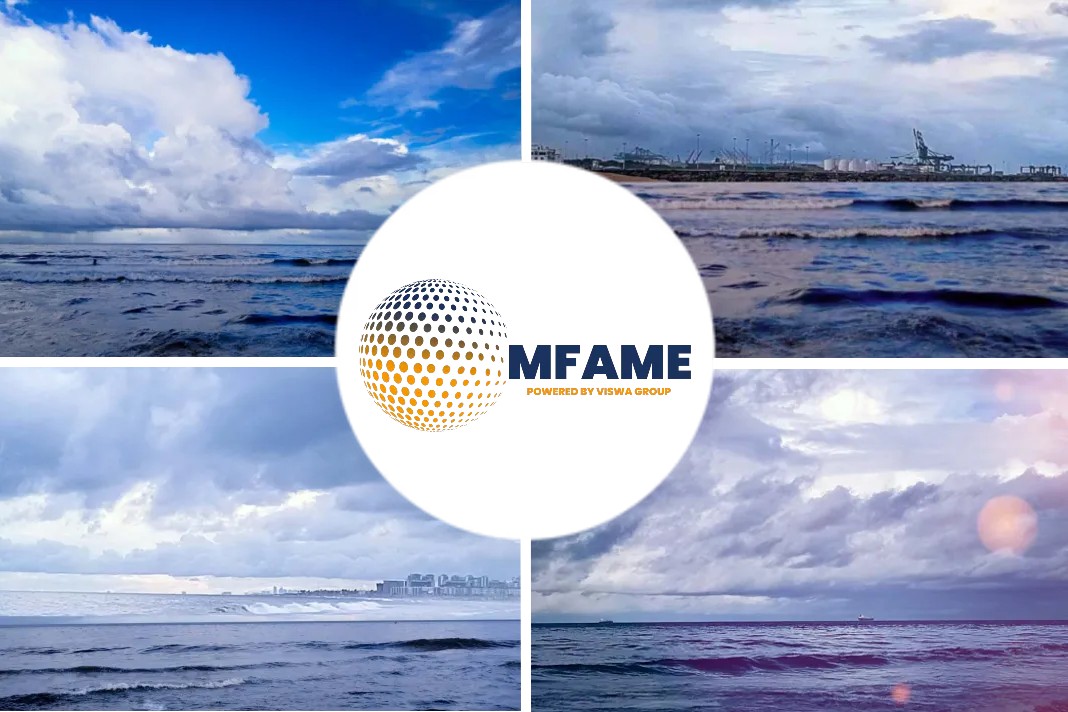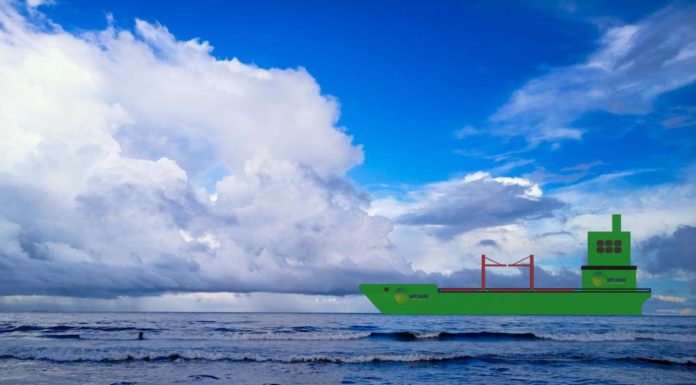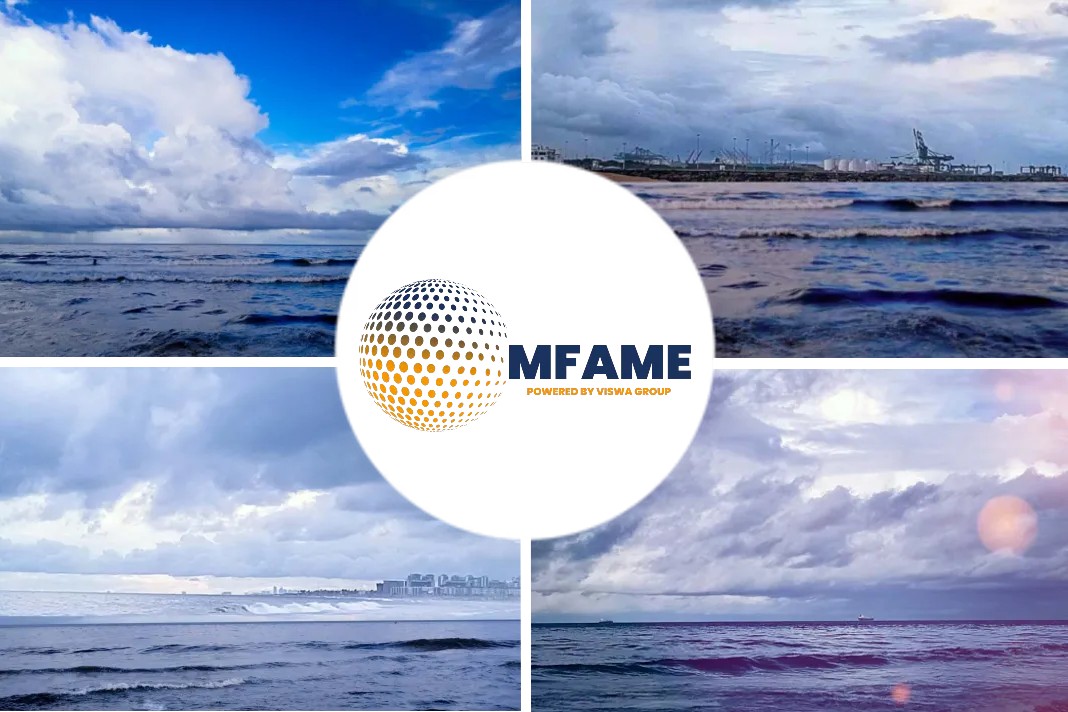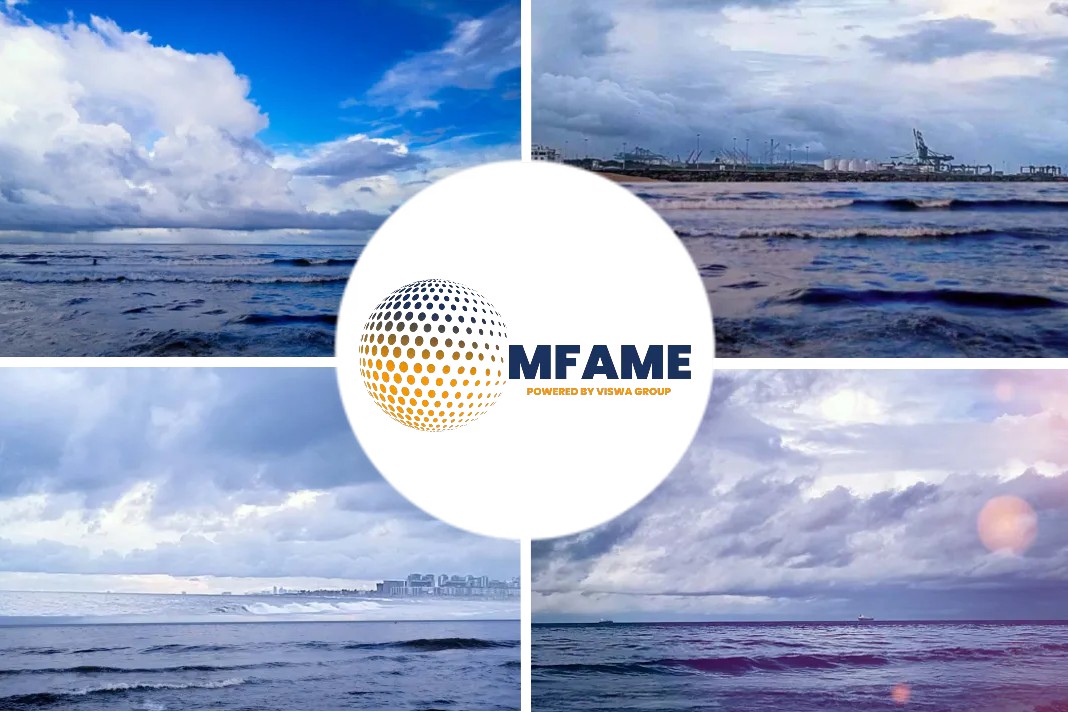- COVID-19 pandemic represents an opportunity to change the way we work in the future.
- Classification societies making a major push to carry out inspections remotely.
- Classification societies have carried out annual Document of Compliance (DOC) audits.
- Audits remotely save time and cost in terms of people having to visit the vessel.
- Shippers are looking at other areas such as maintenance and fault finding on equipment.
According to an article published in Seatrade-Maritime news and authored by Marcus Hand, the current COVID-19 pandemic represents an opportunity to change the way we work in the future.
Changes brought by COVID-19
In an interview, Olav Nortun, CEO of Thome Group discussed how the changes that are currently being made to how vessels and onshore work together out necessity could drive long term change in how the shipping industry works with much greater usage of remote technologies.
“It gives us an excellent opportunity to change the way we actually work,” he stated.
Testing new ideas
Nortun explained that the Singapore-headquartered ship manager was using this as an opportunity to test out new ideas. The COVID-19 pandemic has shifted using technology to change the way we work from being an interesting possibility to a need to get things done. “You have a real problem you need to solve.”
With classification societies making a major push to carry out inspections remotely given the difficulties in getting surveyors physically onboard Nortun says they see the opportunity to do the same with internal audits.
Working with classification societies
In terms of working with classification societies the company has carried out annual Document of Compliance (DOC) audits for Thome Ship Management, Thome Shipping, and Thome Offshore Management remotely with DNV GL in Singapore, as well as representatives of Hong Kong, Liberia, and Marshall Islands Flags. Thome Mumbai office’s annual ISO 9001:2015 audit was also performed online using video conferencing software.
Nortun explained that if they can work with classification societies in such ways why could they not do this for internal audits such as for the ISM Code. “That has been an interesting journey. We seem to be getting good traction particularly on the remote auditing part, and we do quite a lot of audits a year.”
Remote audits save time and money
Not only does carrying out such audits remotely save time and cost in terms of people having to visit the vessel, he believes there can be a benefit in terms of the crew taking ownership of what they are doing.
“You, yourself. have to show through this structure you have implemented and running as it’s meant to be. We hope it will be much less of a paperwork exercise and much more a real thing, cameras videos to document what they do.”
With the success of conducting internal audits remotely, the ship manager is looking at other areas such as maintenance and fault finding on equipment. Thome has tested live feeds between the vessel and shore discovering both positives and hurdles to be overcome such as broadband coverage from the engine room. This means that the process may not be fully live at this stage, but the crew and staff ashore are able to utilize technology to get tasks done.
Change in processes
The changes to processes to work remotely are something that is expected to remain in place in the future.
“We know we are going to work differently when we get out from the other side [of the pandemic],” Nortun said. “If I can do it now why can’t I do it in the future?”
Did you subscribe to our daily newsletter?
It’s Free! Click here to Subscribe!
Source: Seatrade-MaritimeNews





















